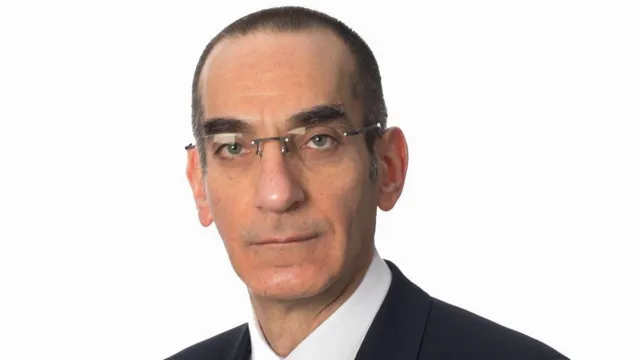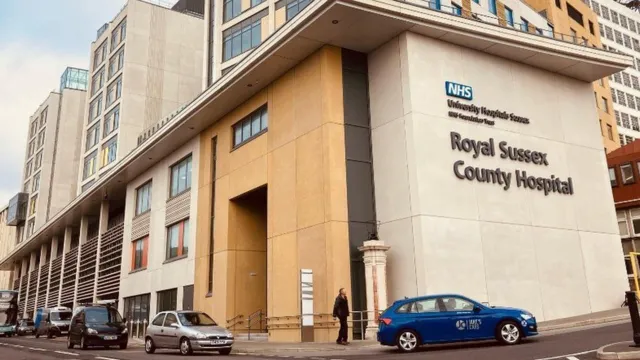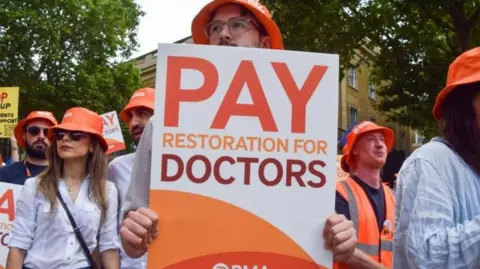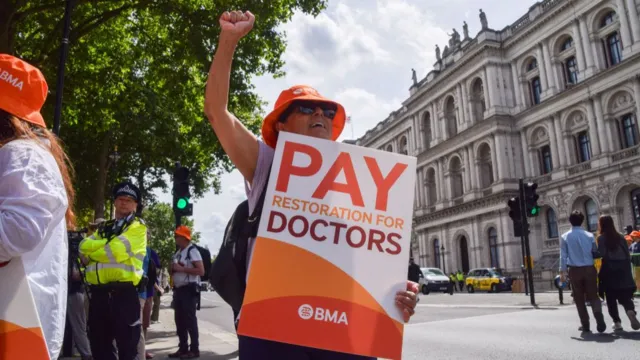NHS Faces Scrutiny as Banned Surgeon Continues Practice
Surgeon Banned by Private Practice Continues to Work for NHS Amid Patient Safety Concerns
In a concerning development that raises serious questions about patient safety and inter-provider communication, a surgeon previously barred from practicing at Nuffield Health facilities has been found to be continuing his work within the National Health Service (NHS). The surgeon, identified as Marc Lamah, was reportedly prohibited from working for Nuffield Health following an investigation into patient safety concerns. Despite this ban, he has reportedly continued to perform operations on patients at the University Hospitals Sussex NHS Foundation Trust.

The BBC has uncovered reports from patients highlighting serious concerns. One NHS patient, who allegedly suffered a twisted bowel following an operation performed by Mr. Lamah, stated that he should no longer be permitted to practice medicine. This situation raises significant questions about the oversight and transfer of information regarding medical professionals between private healthcare providers and the NHS.
Earlier this year, the BBC reported that concerns had been raised about Mr. Lamah’s complication rates, leading to his cessation of practice at Nuffield Health’s Brighton hospital pending an investigation. Sources within the hospital indicated that internal data suggested a significantly higher rate of “moderate harm events” among Mr. Lamah’s patients compared to the expected national average.
While Nuffield Health confirmed in a statement that Mr. Lamah’s practicing privileges had been withdrawn due to not meeting expected standards, the University Hospitals Sussex NHS Trust stated that their audit of Mr. Lamah’s NHS data showed his outcomes were within expected national ranges. The trust also indicated that Nuffield’s investigation found no concerns regarding his technical abilities, surgical practice, or patient safety. This discrepancy in findings between the two healthcare bodies warrants further examination.

The University Hospitals Sussex NHS Trust is currently under a large police investigation, codenamed Operation Bramber, which is examining allegations of medical negligence in its neurosurgery and general surgery departments between 2015 and 2021. This investigation is looking into concerns about avoidable harm and alleged cover-ups.
One patient, Sheryl Hunter, shared her harrowing experience, describing “five years of hell” after complications from an operation performed by Mr. Lamah in 2019. Ms. Hunter underwent a procedure to remove a portion of her large intestine. Shortly after discharge, she experienced a severe complication where the surgical connection tore, leading to a dangerous accumulation of bowel matter in her abdomen. Despite repeated attempts by her GP to have Mr. Lamah review her case due to persistent and severe pain, she claims he refused to see her for an extended period. Eventually, another consultant identified the issue as a 180-degree twist on the small bowel, potentially caused by an incorrectly placed surgical reconnection. Ms. Hunter expressed deep distress, stating, “I was told Marc Lamah has a terrible bedside manner, but he’s a fantastic surgeon. Marc Lamar has a terrible bedside manner, and he’s a terrible surgeon. He shouldn’t be allowed to operate, as far as I’m concerned.”

The article also highlights that the trust runs seven hospitals and serves nearly two million people across East and West Sussex. It has faced scrutiny in the past, with previous reports indicating issues such as a “culture of fear” and being downgraded due to staff whistleblowing.
The University Hospitals Sussex NHS Foundation Trust has stated that while they cannot discuss individual patient care publicly, they are committed to understanding patient needs and providing high standards of care. They emphasize having robust systems, including the use of independent experts, to learn and improve when instances arise where more could have been done for a patient.
The situation underscores the critical need for seamless communication and robust protocols for sharing information about medical practitioners’ conduct and performance across different healthcare systems to ensure consistent patient safety.



Post Comment